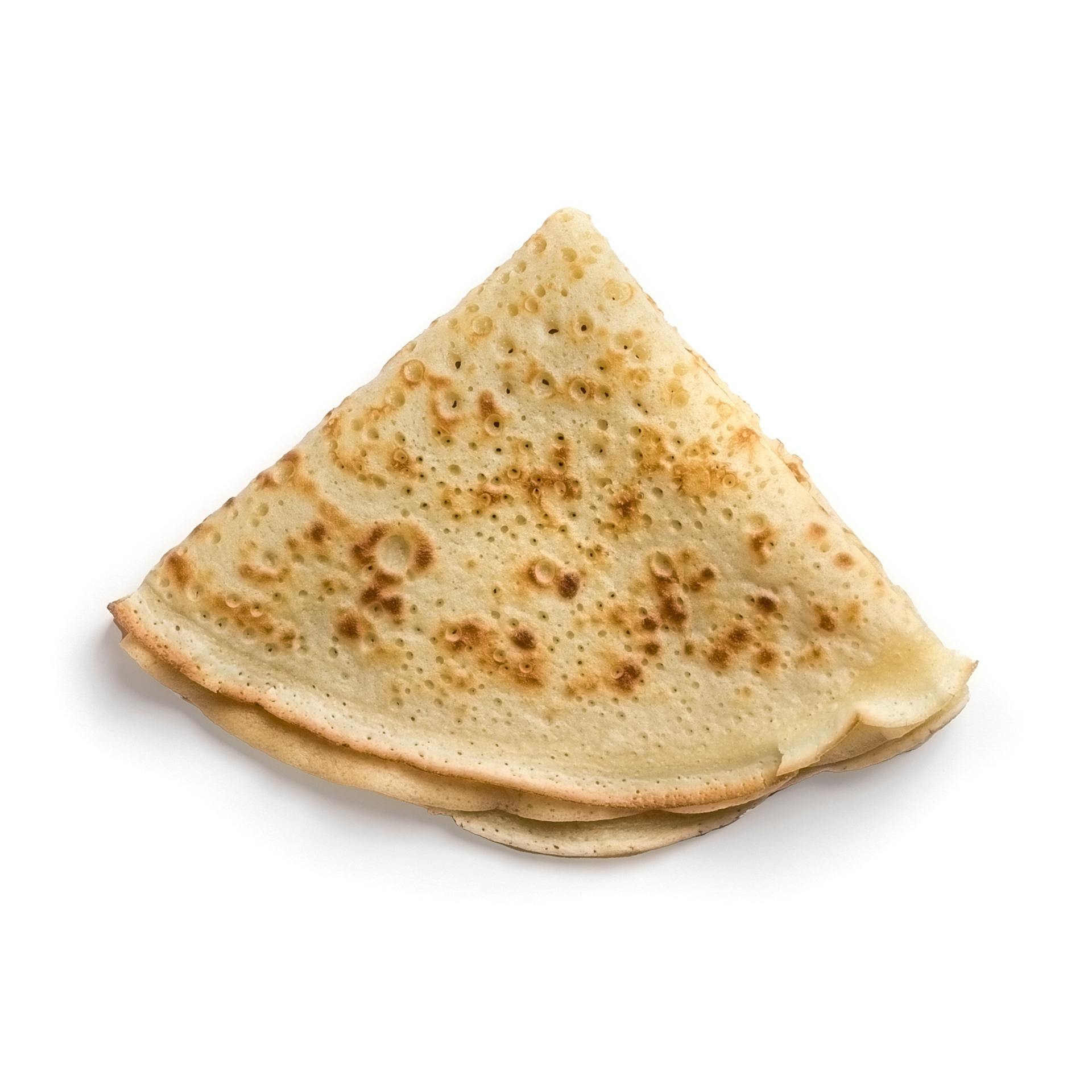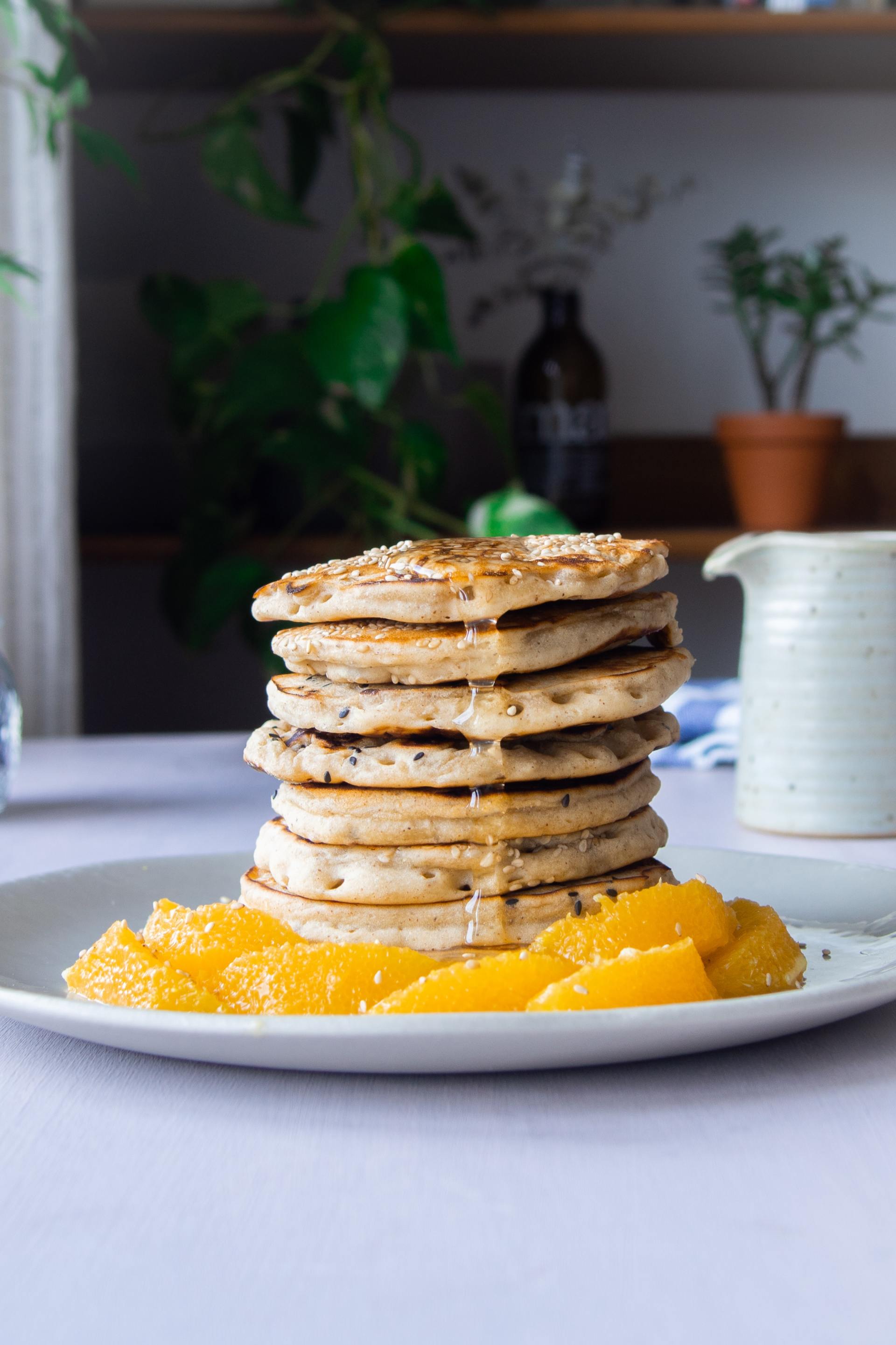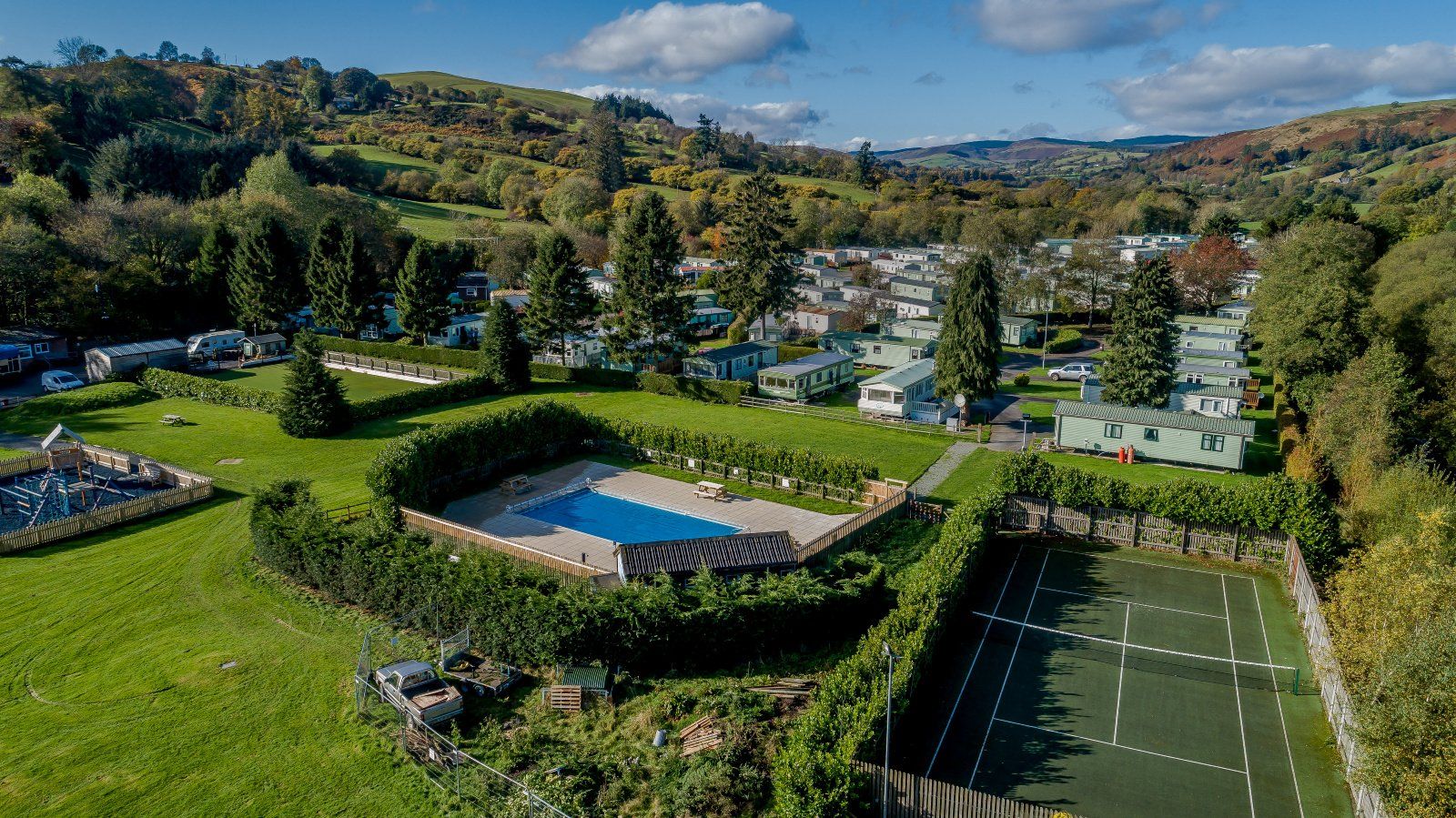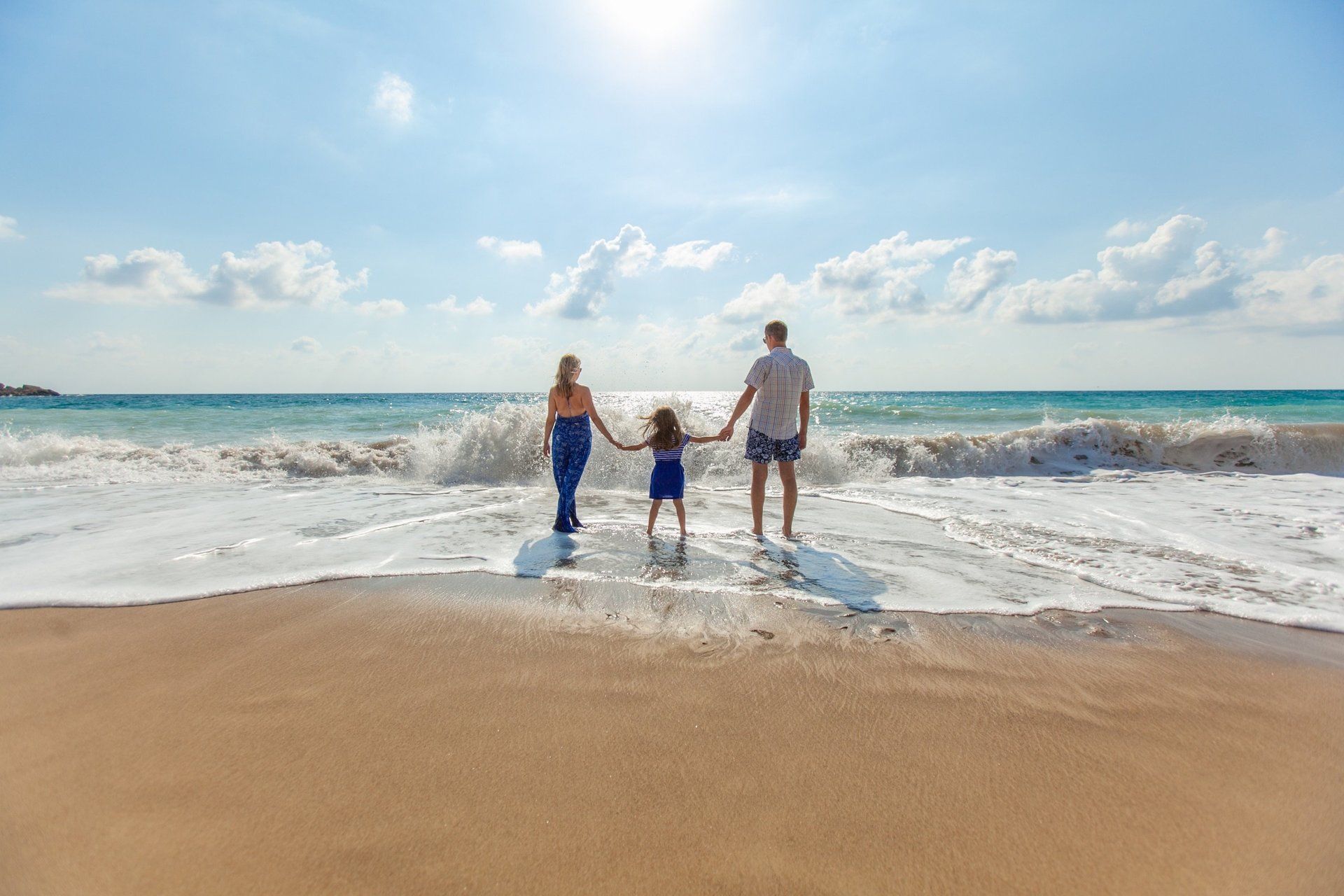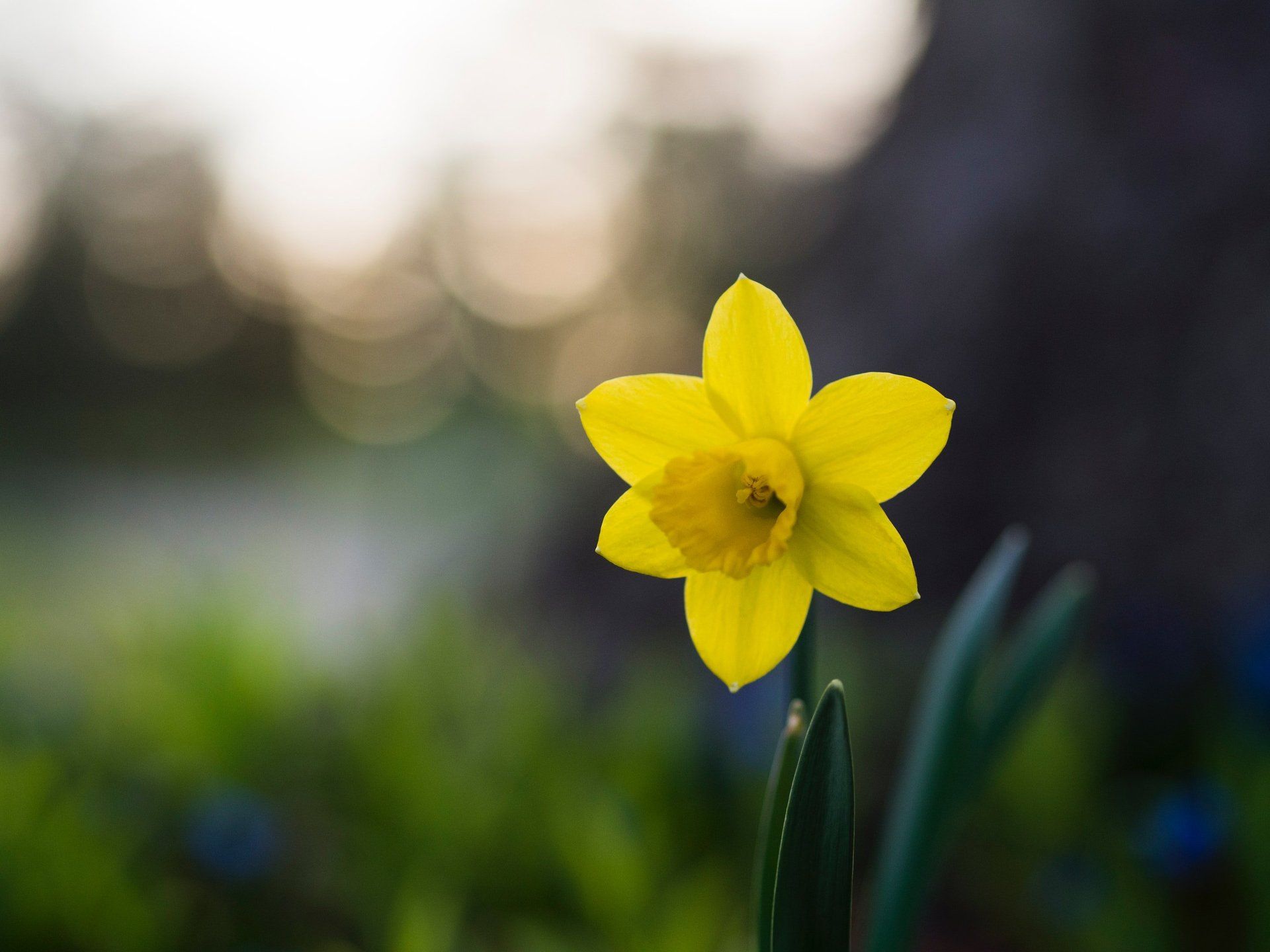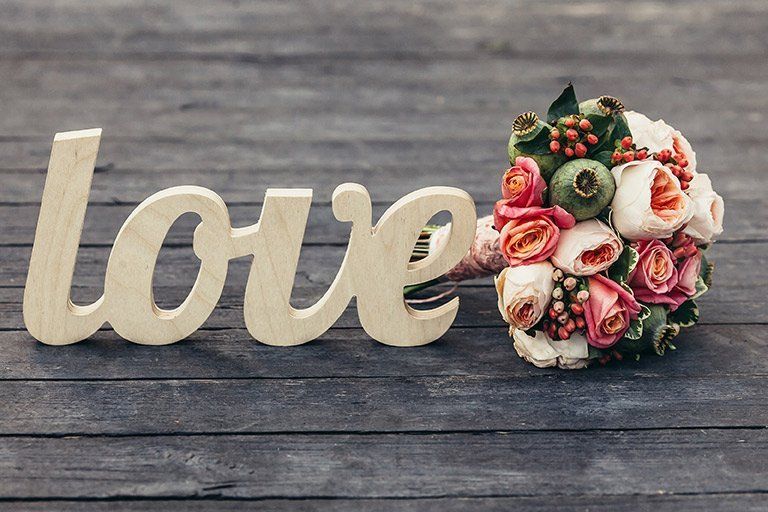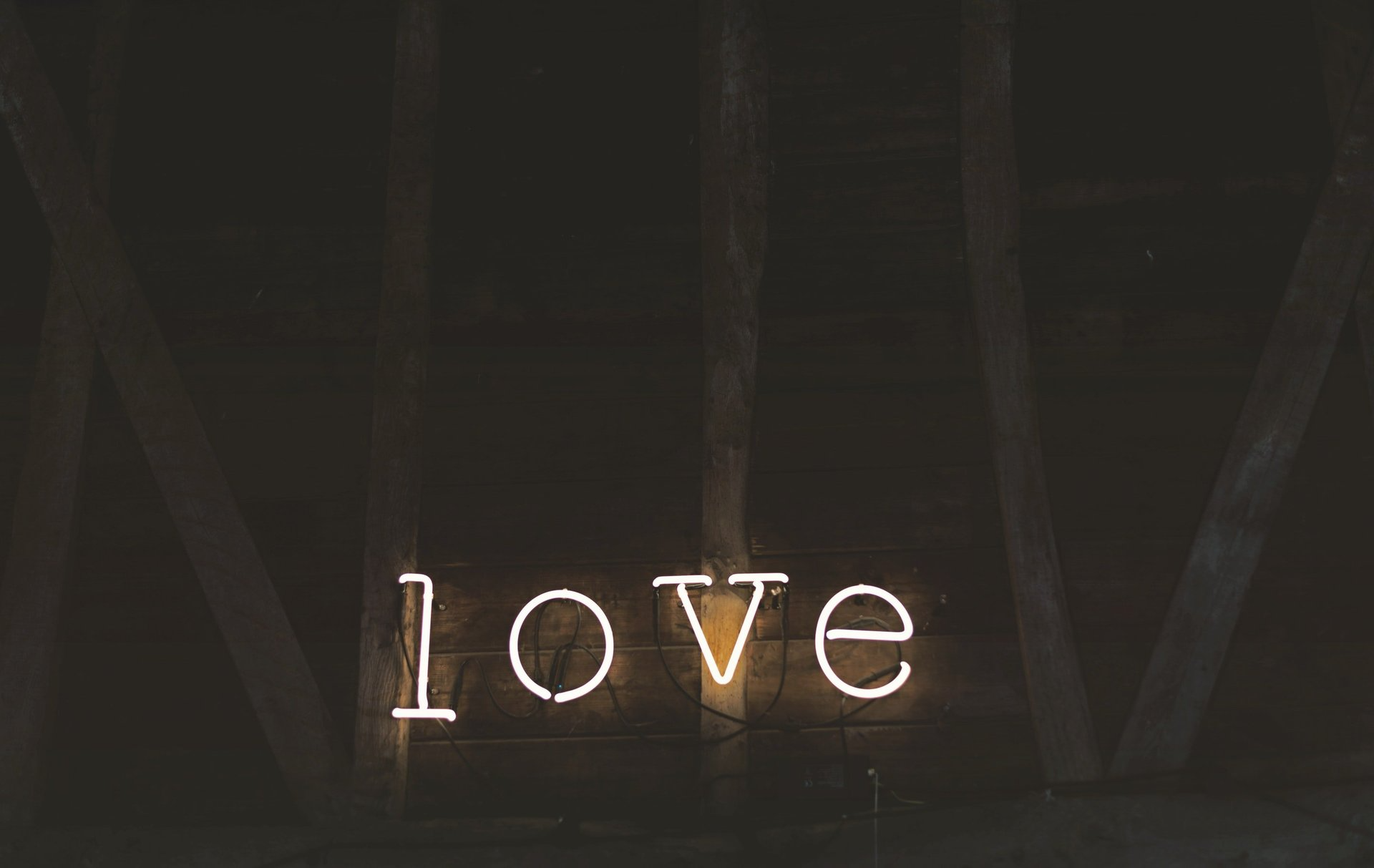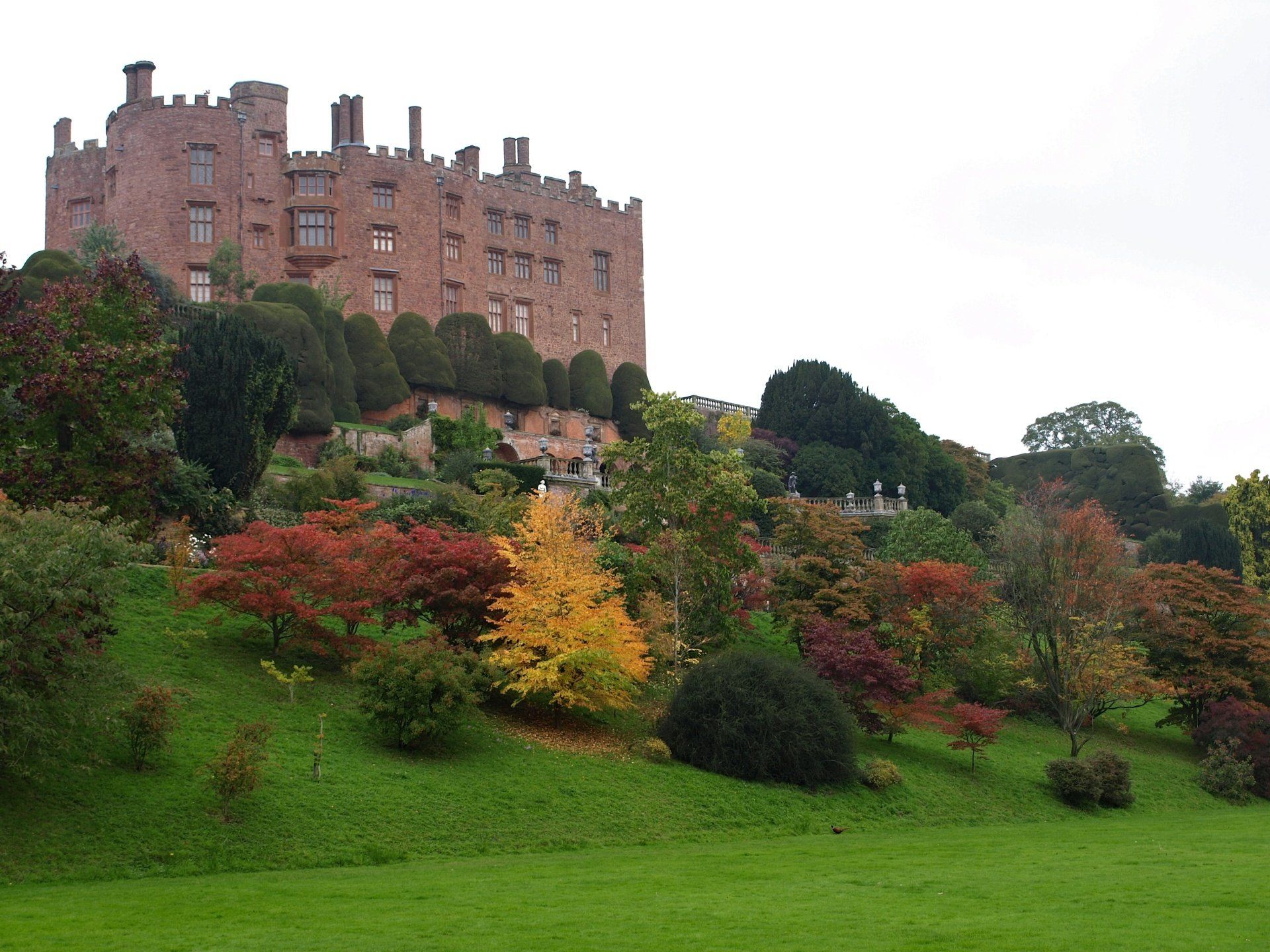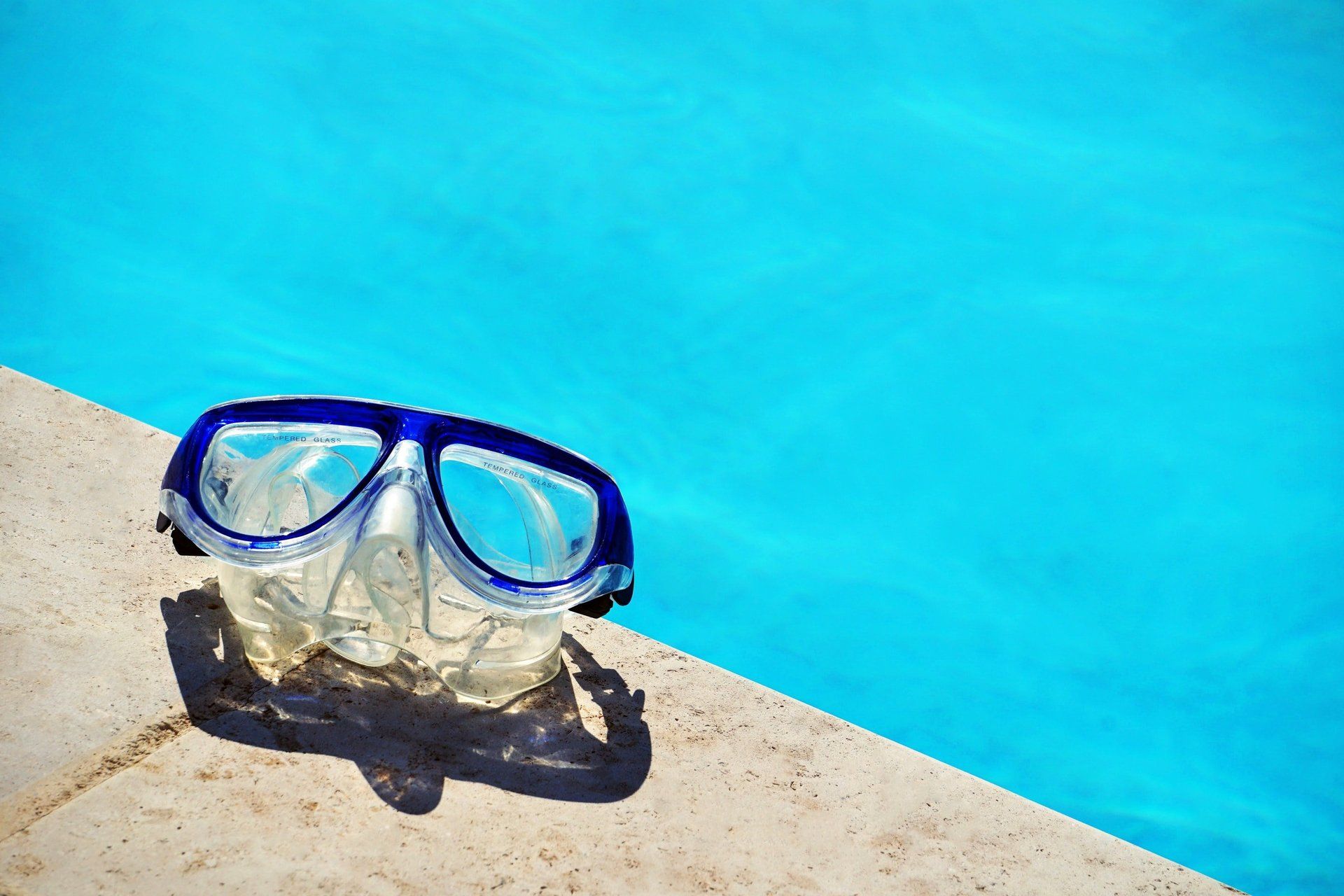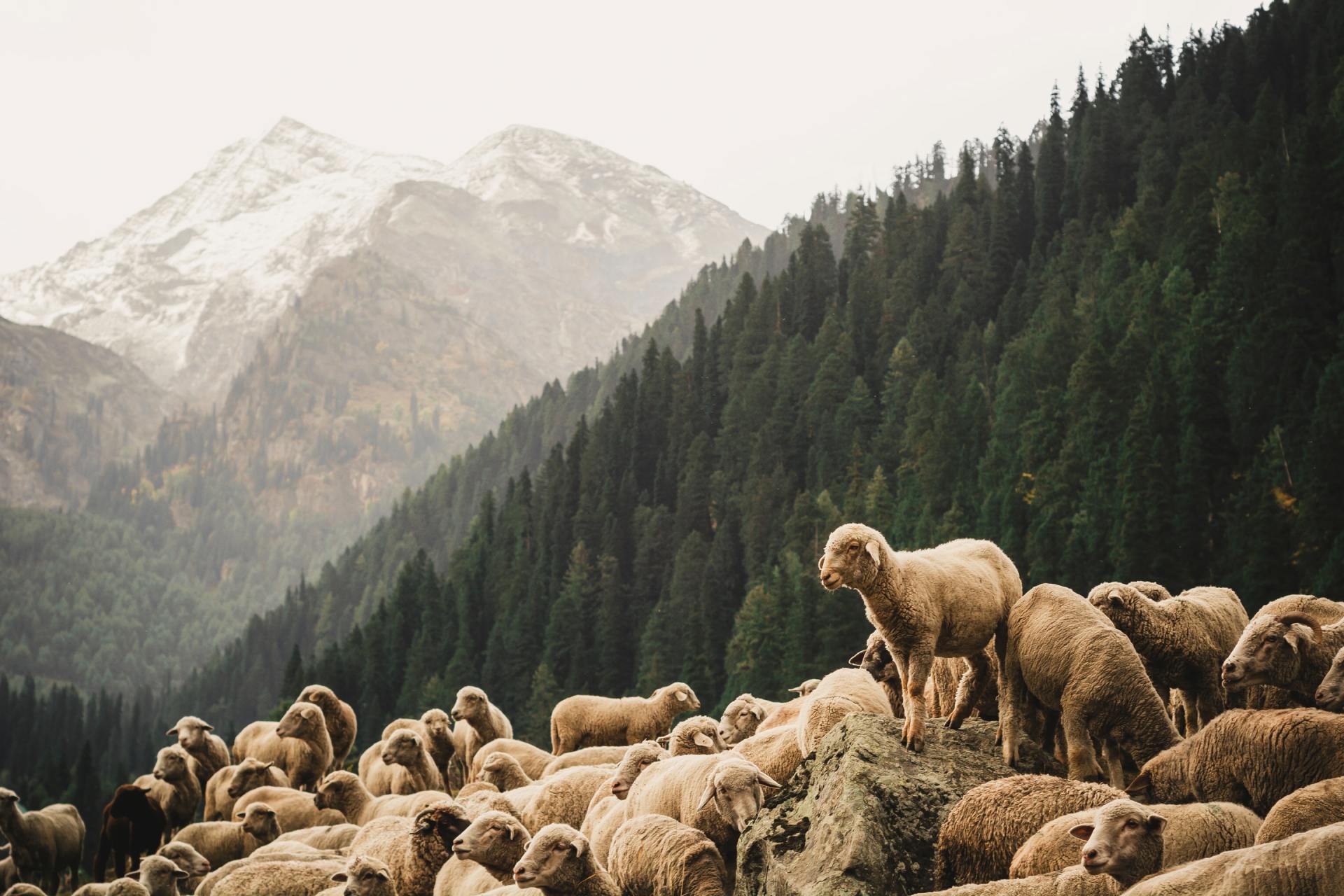Pancake Day
Today is Pancake Day! So, dig out your best frying pan and let's get tossing!!
What is pancake day?
For most, Pancake Day has been an exciting day since we were kids. It was the time your parents got out the frying pan, made a pancake and let you flip it over. But what actually is Pancake Day?
Pancake Day is also called Shrove Tuesday and it's the feast day before lent begins on Ash Wednesday. Lent is the 40 days leading up to Easter and was traditionally a time for fasting. Anglo-Saxons Christians would go to Confession on Shrove Tuesday and would be shriven - or absolved of all their sins. On this day, a bell would ring to tell people it was time to go to confession. Today, that bell is still rung but is known as the Pancake Bell.
Because of the fast for Lent, Pancake Day was the last day people could use up the eggs and fats they had stored and the best way to use them up was to make pancakes.
What are pancakes?
If you don't know what pancakes are then listen up. They're thin, flat cakes made from a simple batter (flour, eggs, milk, and a touch of salt) and fried in a frying pan. They are a beautiful golden colour and traditionally in England they are topped with caster sugar and a squeeze of lemon juice. Although, golden syrup is also a popular choice.
Pancakes have been found in cookery books as early as 1439 and the tradition of flipping them is almost as old.
What about Welsh pancakes?
The Welsh have their own pancakes called crempogau. They're thick pancakes, thicker than a traditional crepe and are traditionally eaten in Wales on Shrove Tuesday (today).
These welsh pancakes are different to the English version and are more like American pancakes but bigger than a scotch pancake. They contain more ingredients that the flat, English pancake but they taste delicious so they're well worth the effort. Sometimes, they even contain currants for a fruity flavour.
How to make an English Pancake
If you're looking for a quick and simple recipe that uses few ingredients, then give this traditional English pancake recipe a go. Once you've cooked them all top with your favourite toppings - lemon and sugar, chocolate spread, golden syrup or fresh fruit.
Ingredients
To make 6 pancakes
100g plain flour
300ml of milk
2 eggs
Pinch of salt
1 tbsp of vegetable oil and a little more for frying
Method
- In a large mixing bowl, sieve the flour and add the eggs, milk 1tbsp of oil and salt and whisk until you have a smooth batter.
- Once you have a smooth batter, leave to one side and allow to rest for 30 minutes. If you just can't wait then you can begin cooking straightaway.
- Carefully wipe a medium sized frying pan with oil (put the oil on some kitchen roll and wipe the pan). Heat over a medium heat.
- Once the pan is hot, add a ladle full of batter into the pan and swirl around until the batter covers the bottom of the pan.
- Cook the pancakes for 1-2 minutes on each side or until they are golden.
- While you cook the rest, place the cooked pancakes in a warm oven.
- When all the pancakes are cooked, add your topping and enjoy.
Welsh Crempog recipe
If you have a little time, a few more ingredients and want to do Shrove Tuesday the Welsh way, then have a go at these beauties.
Ingredients
55g butter
450ml warm buttermilk
75g sugar
275g plain flour
1tsp bicarbonate of soda
pinch of salt
2 eggs (beaten)
1tbsp vinegar
Method
- Gently warm the buttermilk in a large saucepan. Into the warmed buttermilk, add the butter and stir until melted.
- Into a large mixing bowl, sieve the flour and slowly pour the buttermilk and butter mix into the flour and beat into a thick batter. Allow the batter to rest for at least 30 minutes but up to 2 hours.
- Stir in the baking powder, salt, vinegar and sugar into the 2 beaten eggs.
- Add the egg mixture to the rested batter and beat well until you have a smooth batter.
- Grease a heavy bottomed frying pan with plenty of oil and heat until hot but don't allow it to smoke.
- Drop the batter into the pan, one tablespoon at a time onto the griddle and fry for a few minutes until golden.
- Flip the pancake over and fry on the other side until golden. Repeat until you have used all the batter.
- Keep the pancakes in a warm oven, don't allow them to go cold.
- Pile up the pancakes and top with your favourite topping.
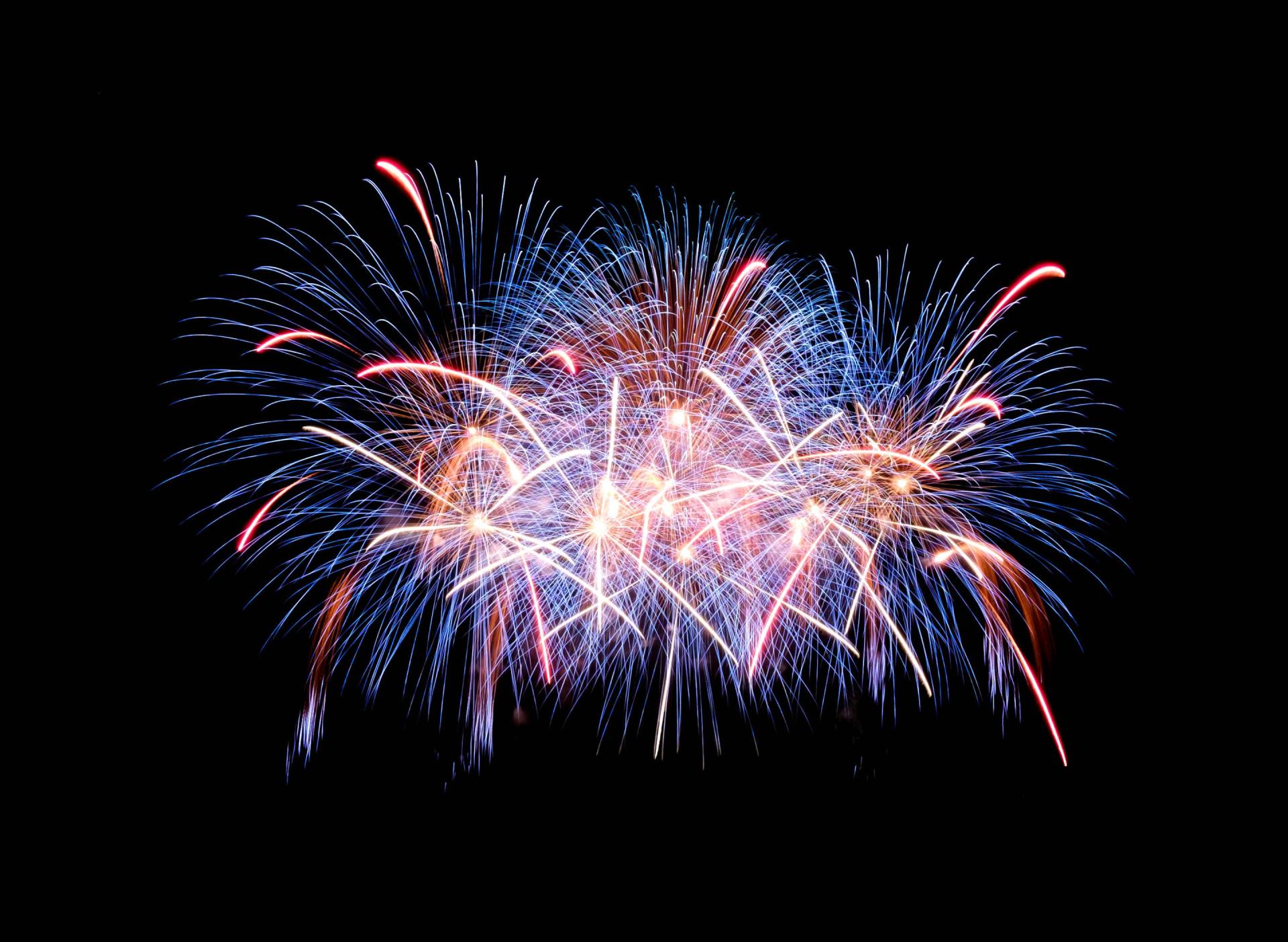
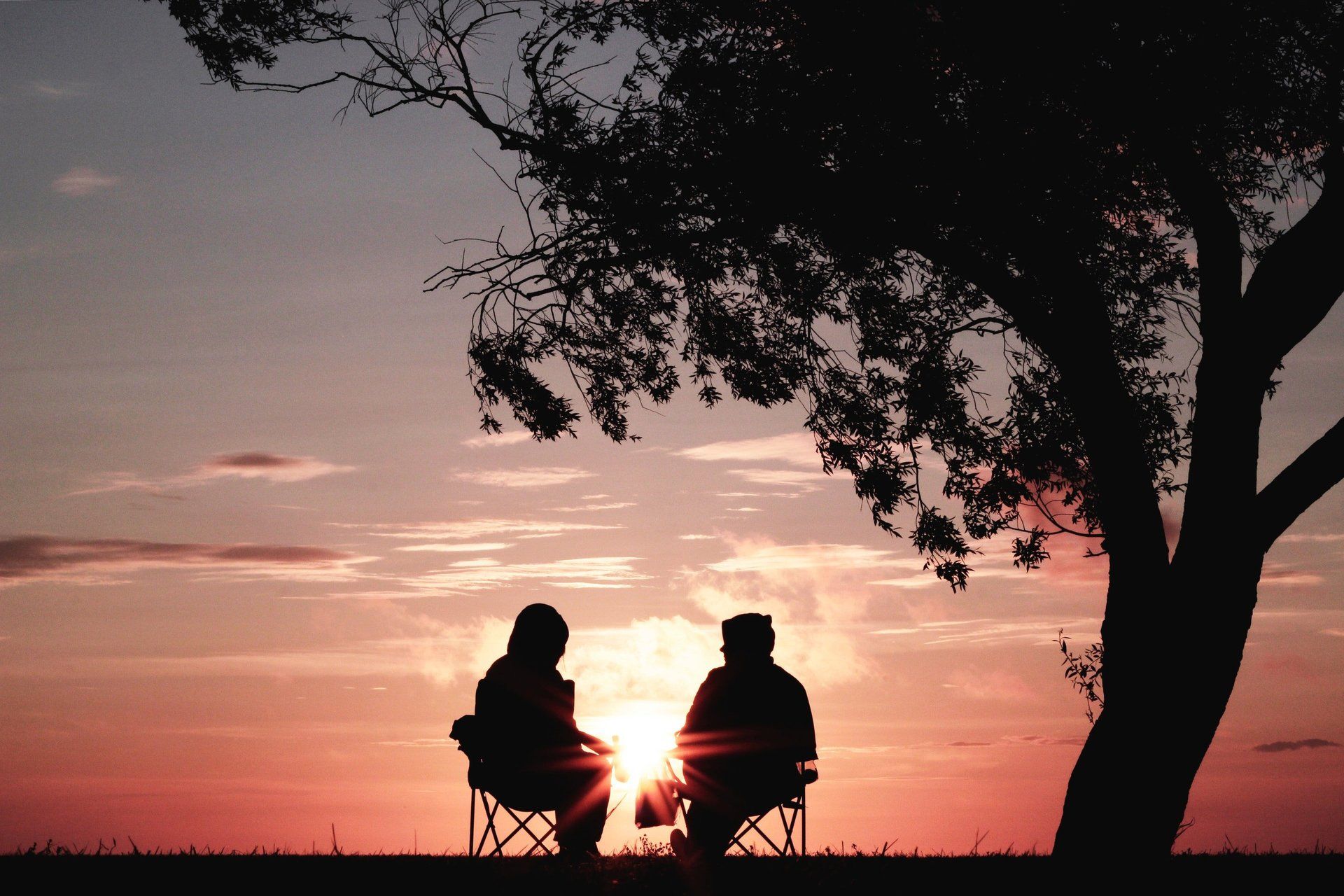
Foel, Welshpool, Powys SY21 0NS
© 2021 All Rights Reserved | Twin Rivers Country Park
Website designed by Brand & Flair Ltd
Join our mailing list to receive discounts, useful tips, park news and updates...
Join our mailing list for general park news
Thank you for joining our mailing list.
We will get back to you as soon as possible.
Oops, there was an error adding you to the list.
Please try again later.
